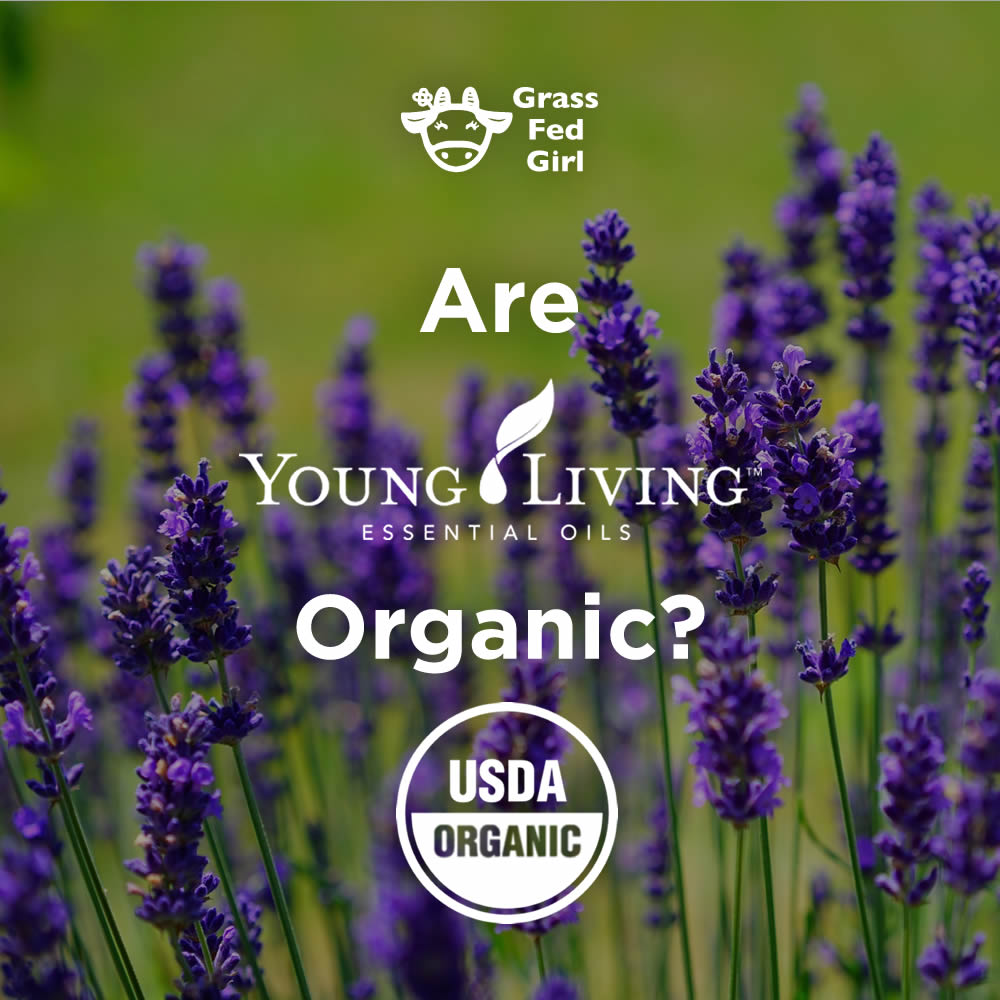
Are Young Living essential oils organic?
The business involving essential oils has grown significantly over the last ten years so it’s not surprising that more and more people are looking into the standards and business practices of key players in the industry, such as Young Living. This is good news for consumers who want only the best quality products from companies with sound business practices.
For individuals who want to make sure that the essential oil they are getting is exactly what it should be, the internet provides a wealth of information on different brands that they can study. However, those who don’t have the patience nor the time for research may rely on government certifications to help them in their choice. One such classification is the “certified organic” label, which to most people is the gauge by which they decide on the kind of products, including essential oils to purchase.
So, are Young Living essential oils organic? Young Living essential oils do not bear the USDA’s certified organic label.
Should the fact that Young Living is not “certified organic” bother you? It should not and there are several reasons why Young Living is not pushing to get the certification.
Firstly, USDA’s organic certification is not specific to essential oils. Rather, the standard is originally meant for the regulation of produce and agricultural products. In fact, there is no governing body that regulates essential oils in the U.S. The FDA doesn’t even have a regulatory definition for the term “essential oils” and the law considers “ingredients from plants the same as those from any other source.” This means that ingredients from plant sources are no different than the same ingredients produced synthetically.
Secondly, not all products that USDA considers organic are pure or unadulterated. Why? Because according to their standards, “a raw or processed agricultural product sold, labeled or represented as ‘organic’ must contain… not less than 95% organically produced raw or processed agricultural products.” This means the remaining 5% could be synthetic components and the essential oil would still be considered organic. Having the “certified organic” label, therefore, does not guarantee the best possible product.
Thirdly, Young Living believes in sourcing and growing plants where they are best suited so they can produce oils of the highest quality. This means the essential oils occasionally come from plants grown in other countries, which don’t have organic standards such as USDA certified organic seal because each country has its own rules around organic practices.
Finally, Young Living’s very strict “Seed to Seal” standards regulate the company’s processes and that of its suppliers. In fact, while the USDA’S certification process only relates to growing conditions and end contamination levels, Young Living also takes the methods of distilling and producing an essential oil very seriously, which ensures that the essential oils they produce are nothing less than therapeutic grade or functionally active. Also Young Living owns 11 of their own farms around the world where they employ beyond organic practices to ensure quality and consistency.
They have distilleries on their each of their farms where each step of the process is carefully monitored for quality assurance. watch this video to learn more.
The quality control measures that Young Living imposes upon itself and its partners go beyond the current organic standard, which is why they are able to deliver 100% pure, unadulterated essential oils with all the natural ingredients and therapeutic properties that occur naturally.
Thinking about getting started with essential oils? Then buying the premium starter kit is a no brainer because you get 11 oils and a home diffuser. It is how I got started and I am so glad I did! I can’t live without my diffuser and I use my oils everyday for staying healthy and feeling great. Try it here.
Be Sure to Pin It:
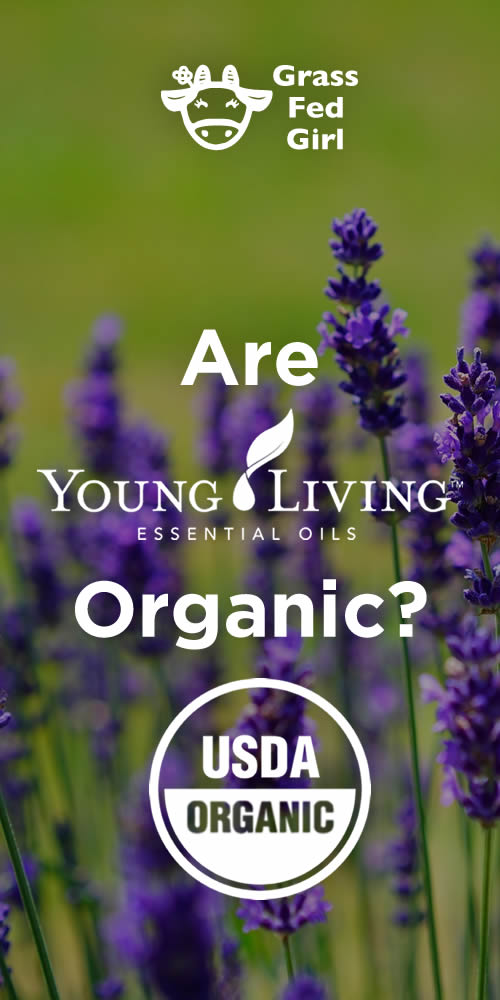
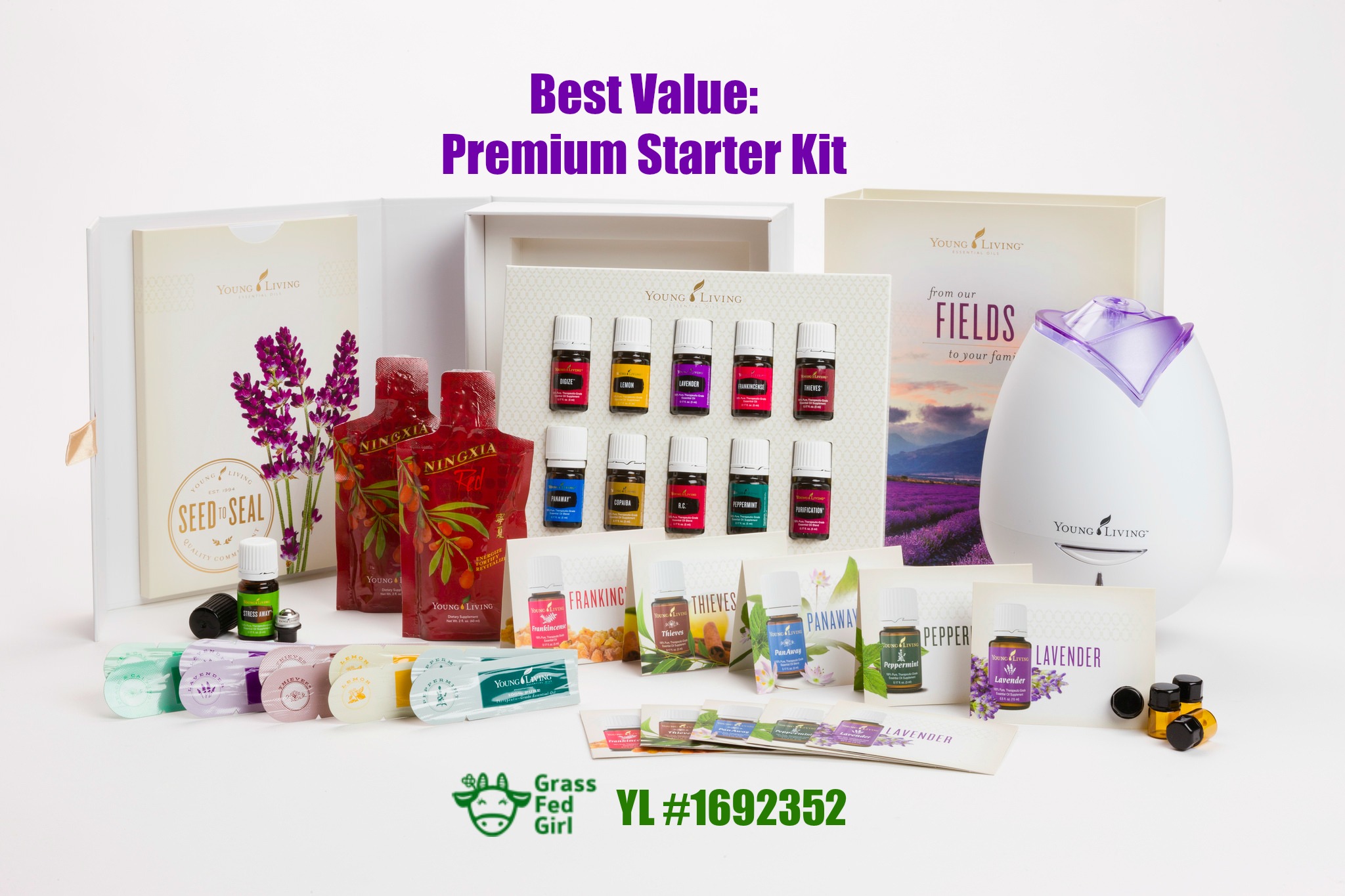


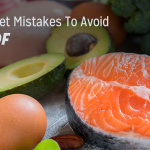
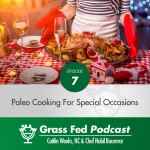
My fav is cedar or eucalyptus